Space exploration, a pursuit that has captured humanity's imagination for centuries, continues to push the boundaries of our understanding, challenge technological limits, and inspire new generations of adventurers. From the moon landings of the 20th century to the cutting-edge missions of today, our quest to explore the cosmos has yielded remarkable insights and opened doors to uncharted realms.
The Historical Odyssey
In the mid-20th century, the world held its breath as humanity ventured beyond our planet's confines. The Apollo missions, led by NASA, represented a monumental leap for mankind. As Neil Armstrong's words echoed across the lunar surface in 1969, "That's one small step for a man, one giant leap for mankind," a new era of space exploration was born. These missions, driven by fierce competition and Cold War tensions, fostered unprecedented collaboration between scientists, engineers, and governments.
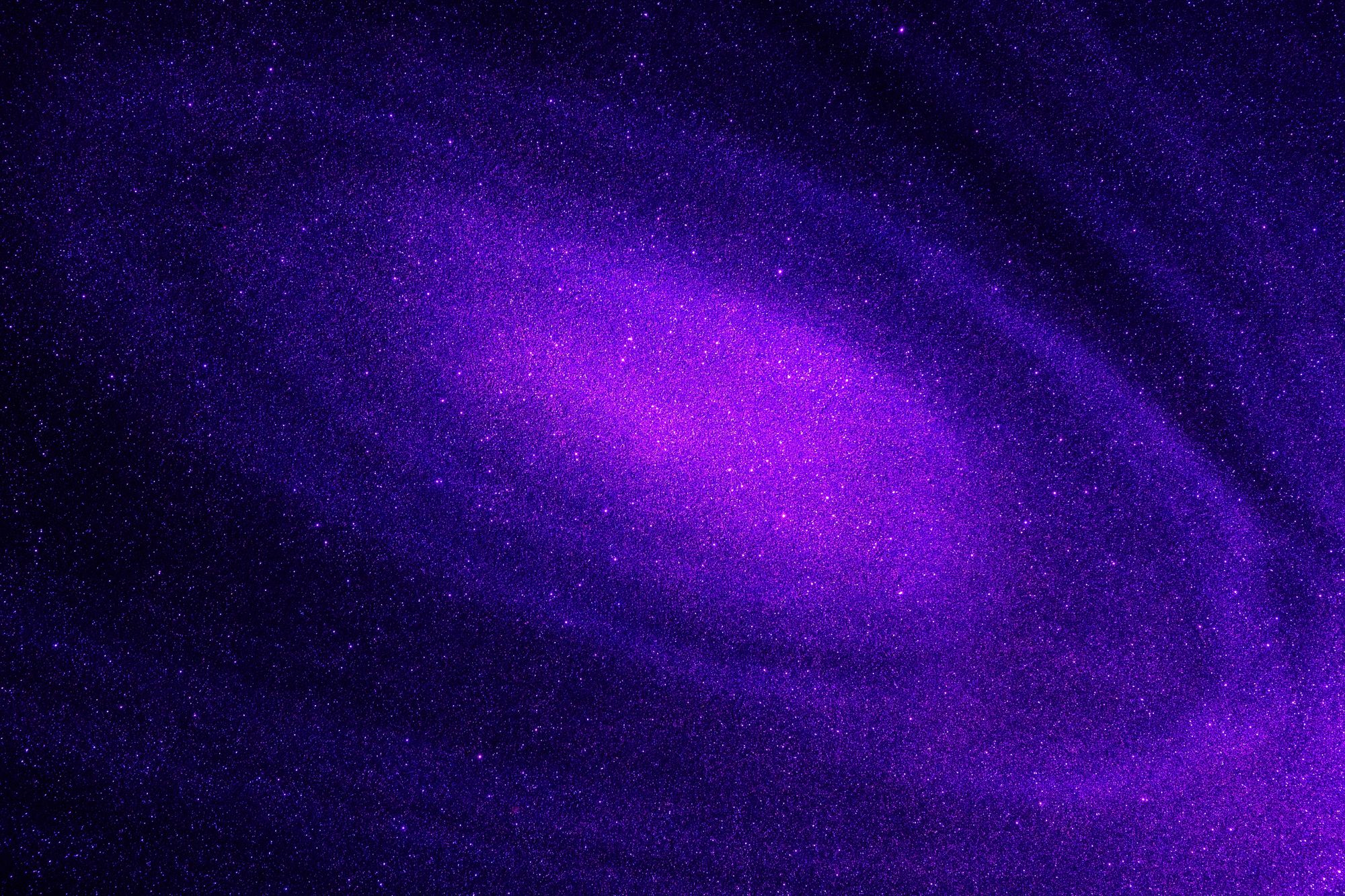
These endeavors not only put humans on the moon but also ignited a wave of technological innovation. New propulsion systems, advanced materials, and cutting-edge computing were developed to tackle the challenges of space travel. These breakthroughs laid the foundation for the space exploration we witness today, enabling missions that were once deemed impossible.
A Technological Triumph
The space race unleashed a wave of technological innovation that reverberates today. Breakthroughs in propulsion, materials science, and communication have led to missions that once belonged solely to the realm of science fiction. Robotic explorers like the Mars rovers, Curiosity and Perseverance, serve as our eyes and ears on distant planets, transmitting valuable data and images back to Earth.
The Voyager probes, launched in the 1970s, have journeyed beyond our solar system, carrying messages of peace and understanding for any potential extraterrestrial encounters. These achievements reflect our boundless curiosity and the profound impact of reaching beyond our terrestrial boundaries.
"The important achievement of Apollo was demonstrating that humanity is not forever chained to this planet and our visions go rather further than that and our opportunities are unlimited."
— Neil Armstrong
Bold Ambitions: New Horizons
As we gaze toward the stars, our ambitions only grow bolder. The Artemis Program, named after the twin sister of Apollo in Greek mythology, seeks to return humans to the Moon's surface by 2024, paving the way for future missions to Mars and beyond. Private companies like SpaceX and Blue Origin are revolutionizing access to space, developing reusable rockets that drastically lower the cost of exploration.
While government agencies continue their pursuit of celestial frontiers, private enterprises are playing an increasingly significant role. SpaceX, founded by Elon Musk, has successfully launched and landed reusable rockets, reducing the financial barriers of space travel. This shift in approach has the potential to make space exploration more sustainable and accessible, enabling a broader range of missions.
Unveiling Celestial Mysteries
Beyond our planetary neighbors, space exploration has granted us glimpses into the secrets of the universe itself. Telescopes like the Hubble Space Telescope orbiting Earth have captured breathtaking images of distant galaxies, revealing their intricate formations and captivating beauty. The upcoming James Webb Space Telescope promises to peer even deeper, offering insights into the universe's infancy.
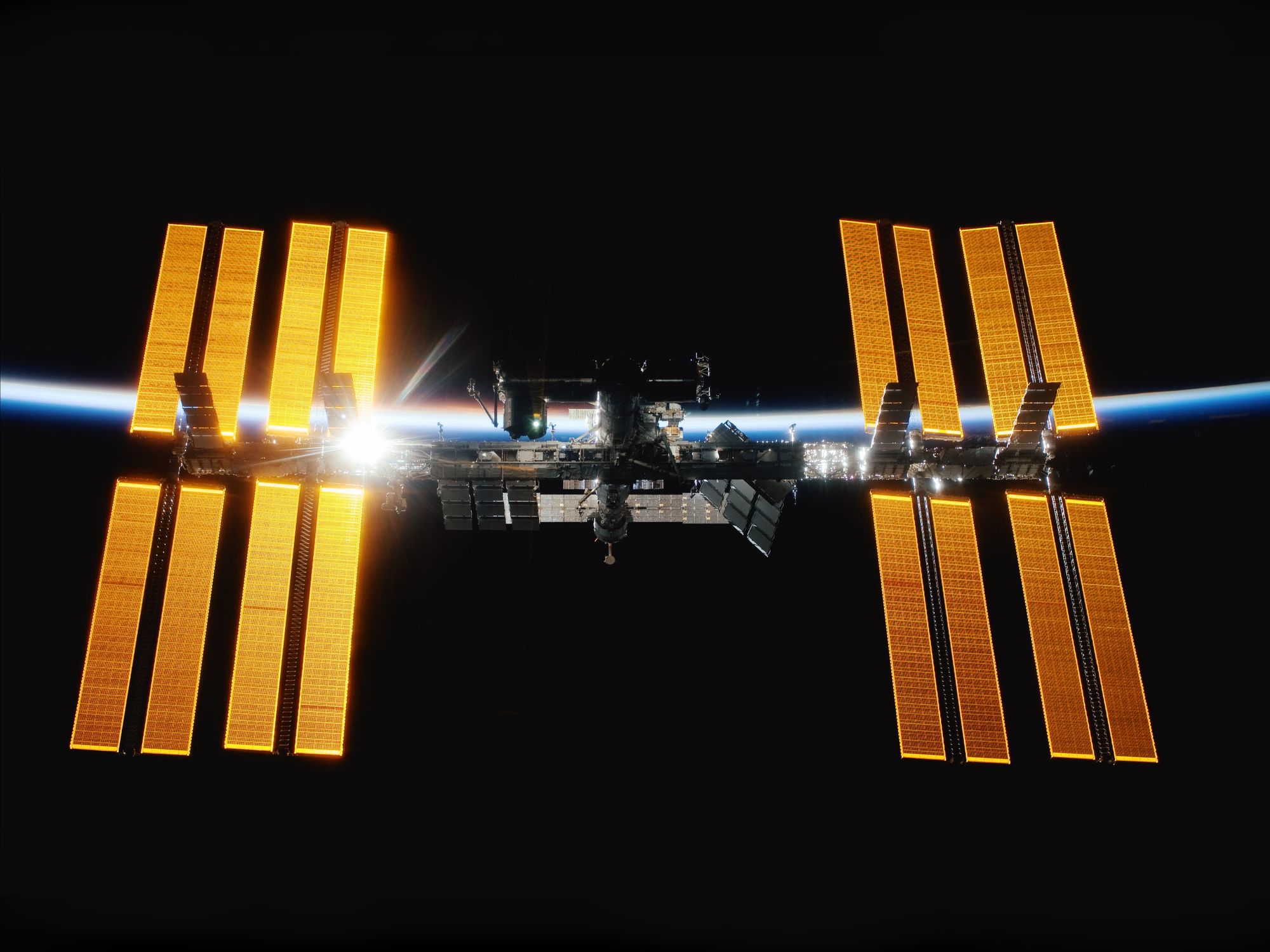
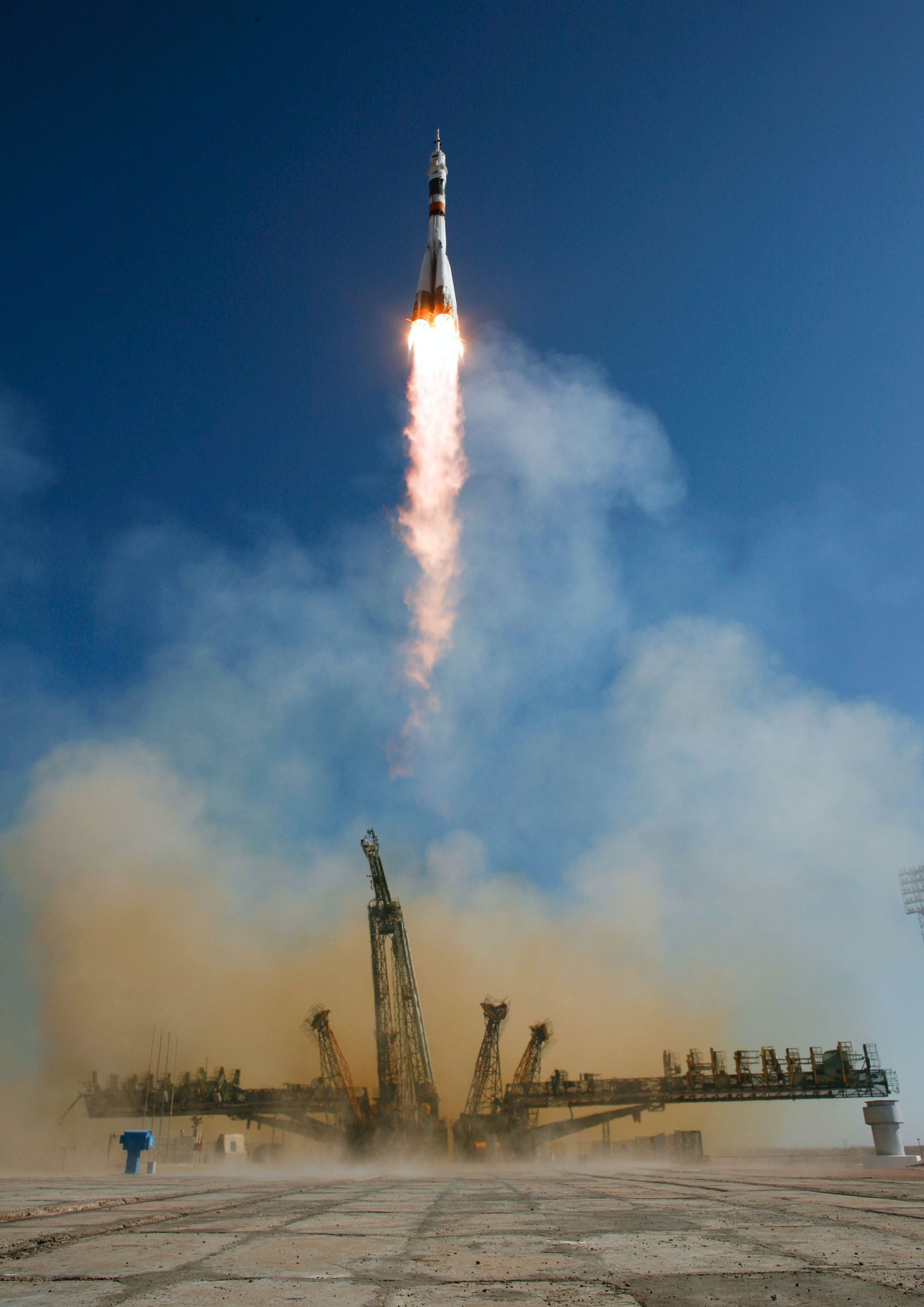
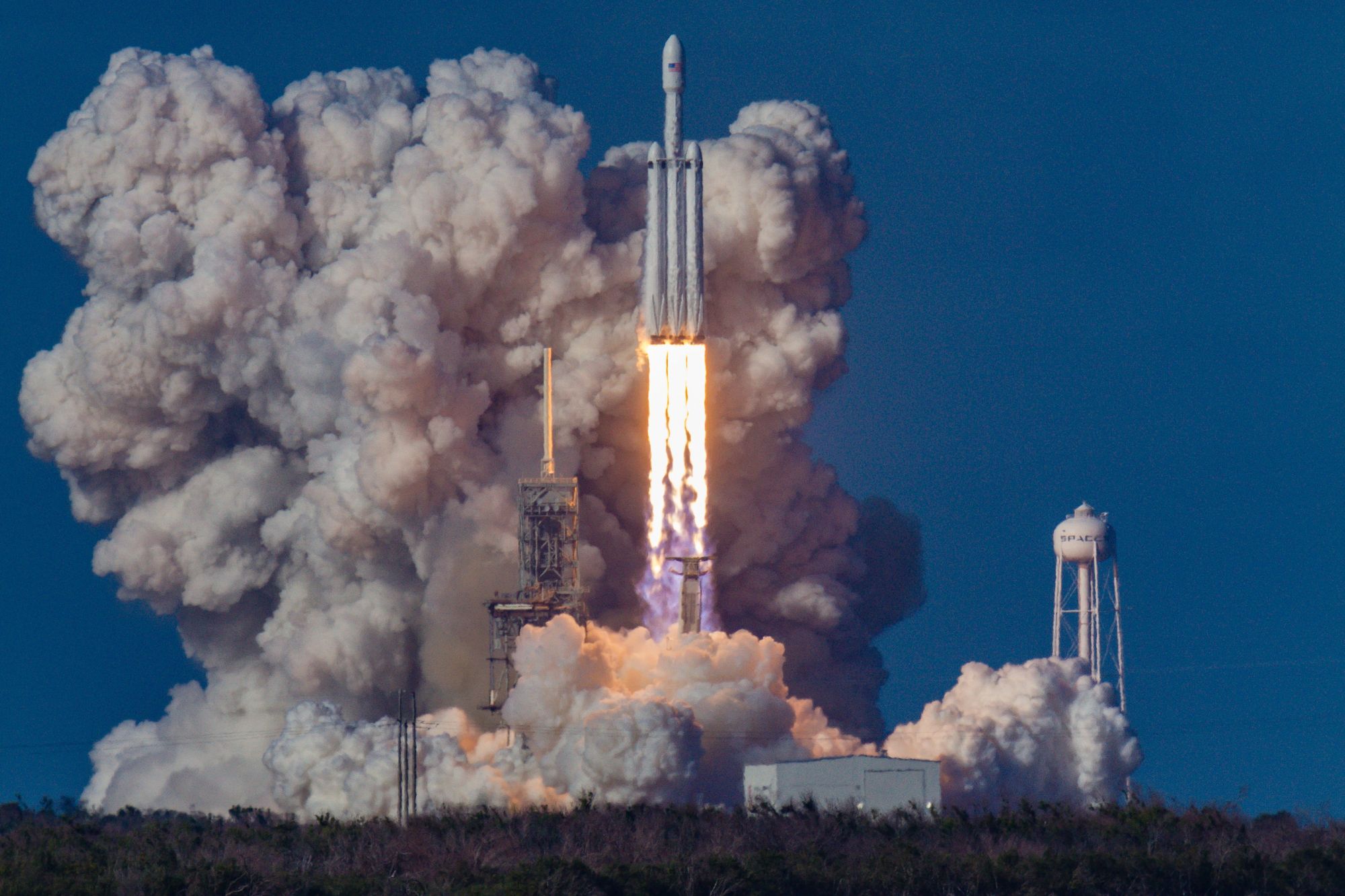
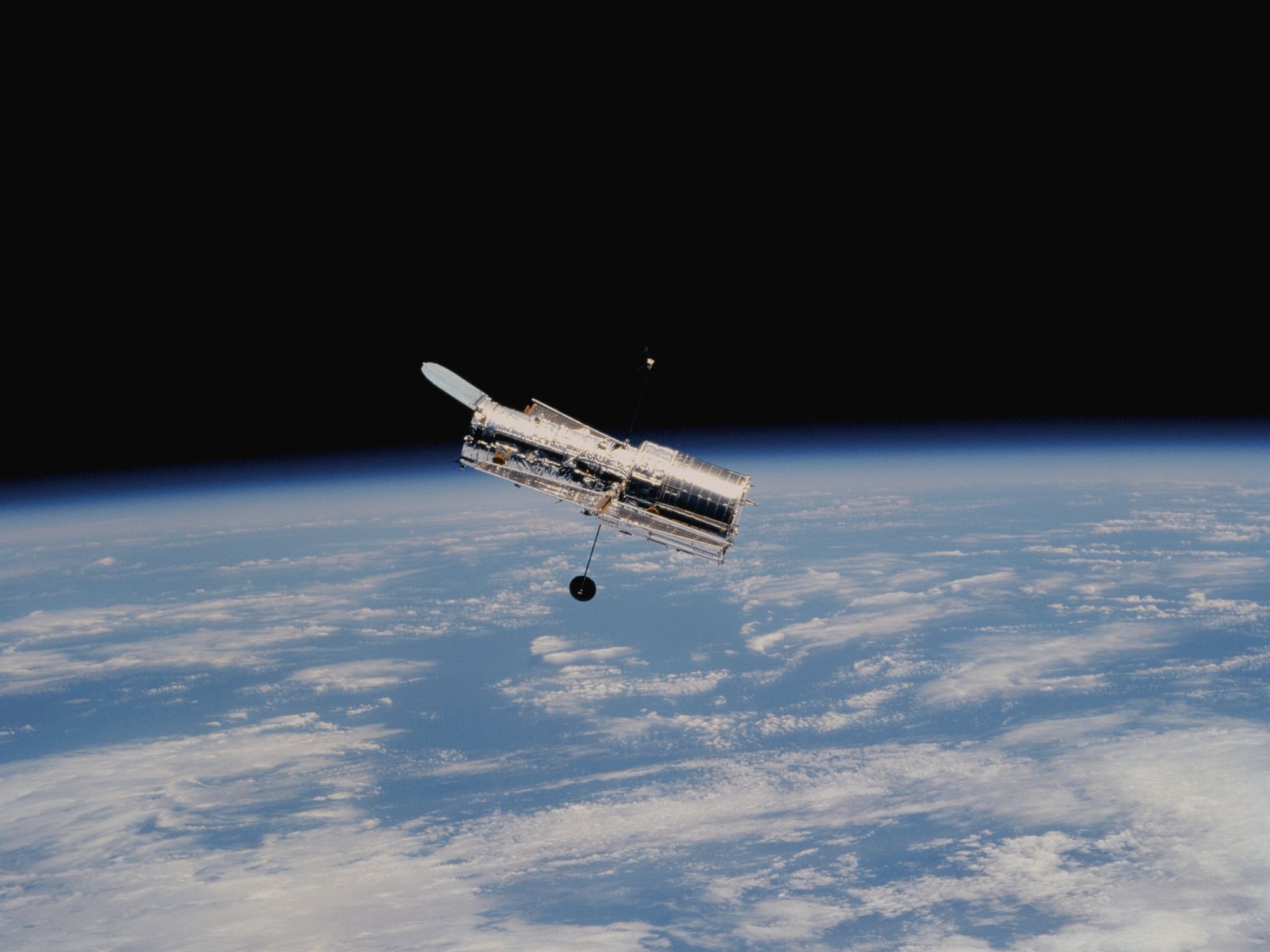
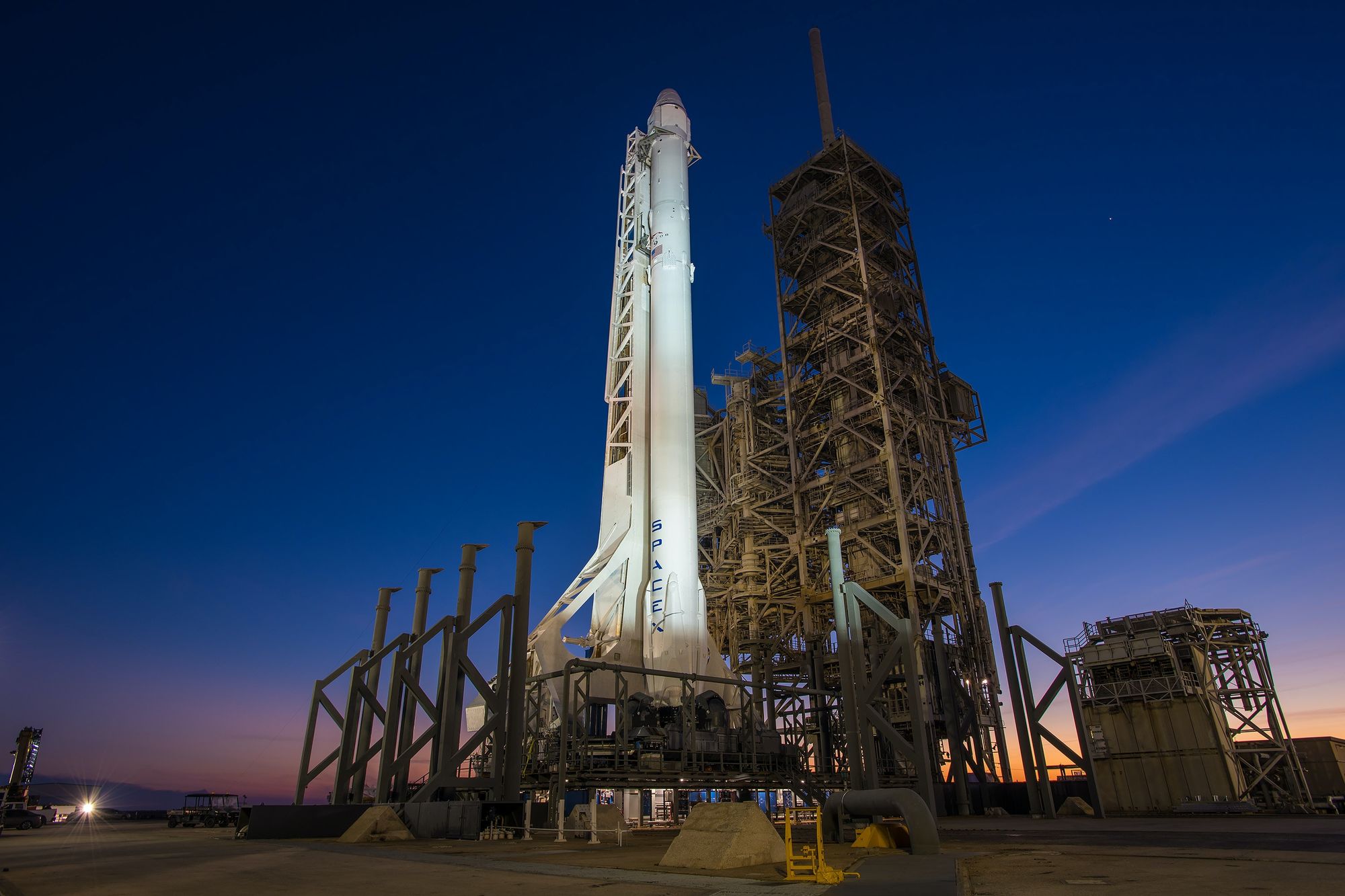
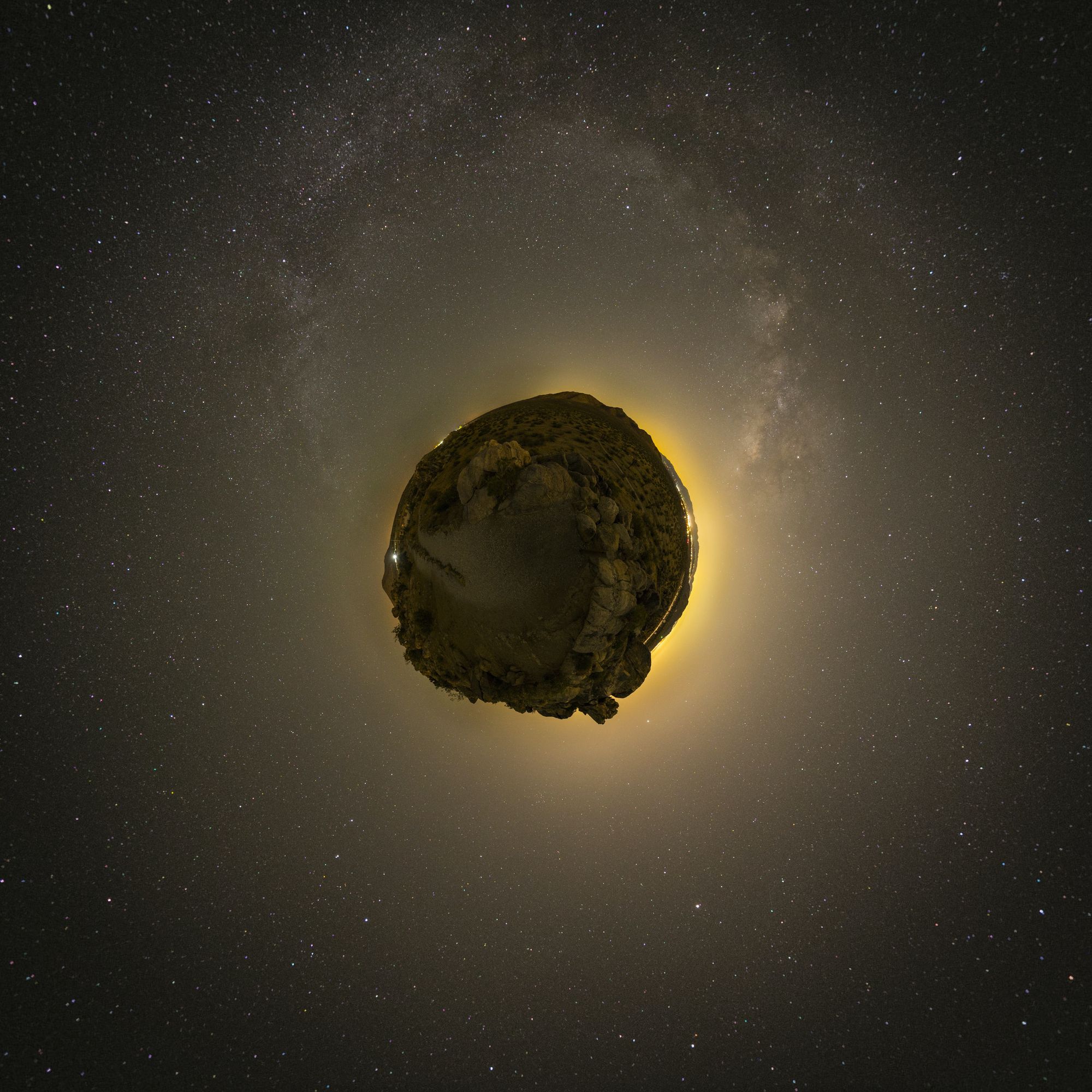
The information gathered by these observatories has transformed our understanding of the cosmos. By studying distant celestial objects, we can infer the origins of the universe, the nature of dark matter and dark energy, and the potential habitability of exoplanets. Each discovery opens up new avenues of inquiry and sparks further questions, driving the continuous cycle of exploration and learning.
Cosmic Challenges and Collaborations
However, the path to the stars is not without challenges. The vastness of space presents logistical hurdles, radiation threats, and physiological effects on astronauts. International cooperation has become essential, with organizations like the European Space Agency (ESA), Roscosmos, and ISRO joining NASA in global efforts.
The International Space Station (ISS) stands as a testament to this collaborative spirit. A multinational endeavor involving the United States, Russia, Europe, Japan, and Canada, the ISS serves as a space laboratory, conducting experiments in physics, biology, and materials science. It also serves as a training ground for future long-duration missions, providing critical data on the effects of extended space travel on the human body.
"We choose to go to the Moon in this decade and do the other things, not because they are easy, but because they are hard."
— John F. Kennedy
The Road Ahead: New Horizons
As we stand on the precipice of a new era of exploration, questions linger. Are we alone in the cosmos? Can we establish sustainable colonies on other planets? How will humanity's presence in space impact our understanding of ourselves and our place in the universe? The journey ahead is as much philosophical as it is scientific, challenging us to expand our perspective and harness our collective ingenuity.
In a world marked by divisions, space exploration serves as a reminder of our shared humanity and our capacity to overcome challenges that once seemed insurmountable. With every launch, every rover's tireless journey, and every image sent back from the depths of space, we rewrite the story of what is possible and redefine the limits of human potential.
Conclusion: A Celestial Symphony
In the grand cosmic symphony, space exploration is humanity's unique note—a melody of innovation, curiosity, and courage that resonates through time. From the dusty footprints on the Moon to the aspirations of future Mars settlers, our endeavors extend beyond science, shaping our identity and offering hope for a brighter, more interconnected future.






